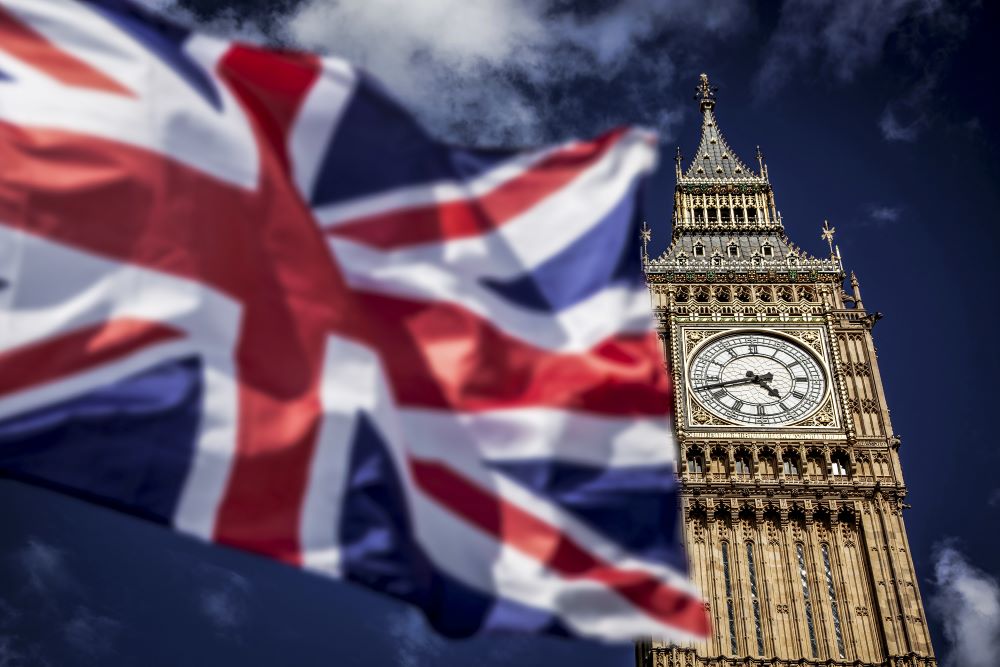
The government is looking to remove 100 trade barriers from its ‘most wanted list’ in the coming months, delivering up to £20bn of export opportunities for UK businesses.
Trade minister Greg Hands told the Commons that the government has already removed 192 trade barriers across 79 countries.
Hands said “the removal of just 45 of those barriers is estimated to be worth about £5bn for business over five years”, reports the Express.
Speaking during International Trade Week, which concludes today (4 November), Hands outlined trade objectives during a Chatham House speech on the future of global trade and how the UK can shape it.
Trade priorities
As well as removing trade barriers, he said “immediate priorities” were “making sure the UK joins the Comprehensive and Progressive Agreement for Trans-Pacific Partnership trading area as soon as possible” and making Britain “the first G7 country to do a trade deal with India”.
Hands said a successful trade policy was the key to growing the British economy and demonstrating its influence on the global stage.
Boost to exports
“The big decisions on trade we take today will help define the world of tomorrow,” he said. “And we must have the courage to stand by our conviction that free trade and open markets hold the key to prosperity.”
An ambitious FTA with India could boost trade between the two countries by as much as £28bn, he added.
The hoped-for Diwali deadline for a trade deal with India was not achieved but talks are ongoing, as previously covered in the IOE&IT Daily Update.
Drugs bill warning
However, international trade secretary Kemi Badenoch has been forced to deny that the NHS could face a higher drugs bill as a result of a UK-India trade deal.
City AM reports that a leaked chapter of FTA contains provisions that suggests pharmaceutical companies would be allowed to extend their monopolies and keep prices artificially high for years beyond the original 20-year patent term.
DIT denial
With 25% of NHS medicines supplied by India, costs could spiral lobbying groups claimed in a letter to Badenoch.
However, the DIT rebuffed the claim and Badenoch told City AM: “I will never agree any provisions that would increase the cost of medicines for our National Health Service. The NHS, its services, and the cost of medicines are not on the table. Protecting the NHS is a fundamental principle of our trade policy, and our commitment to this will not change during our negotiations with India.”



